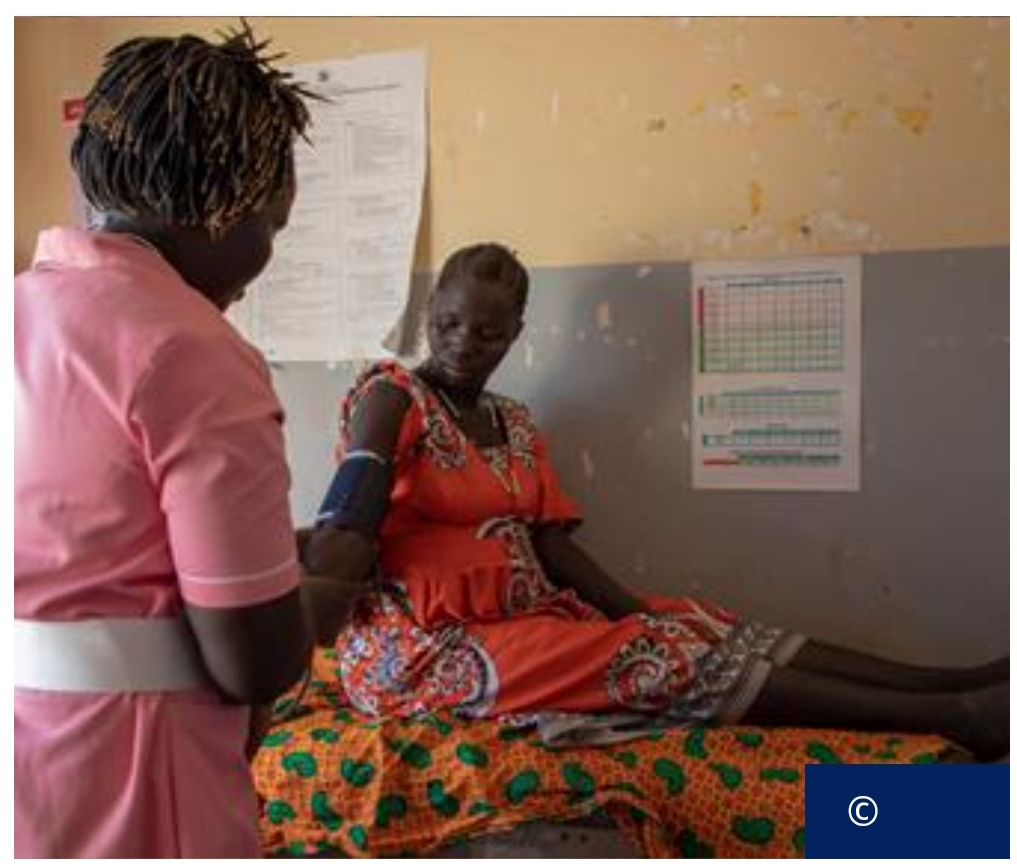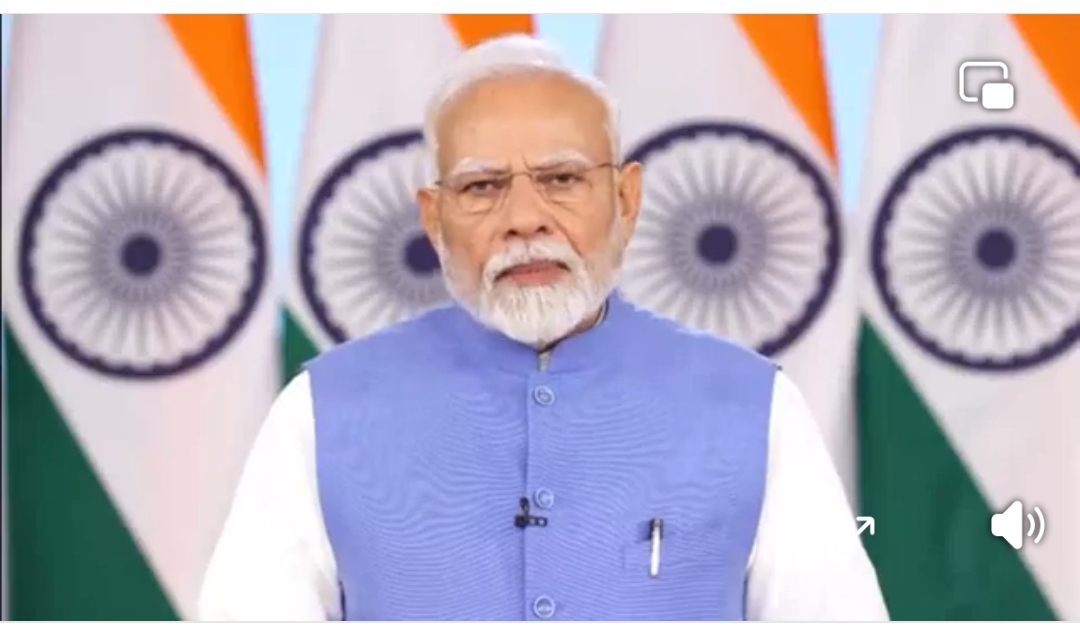WHO Launches “3 by 35” Initiative to Raise Health Taxes on Tobacco, Alcohol, and Sugary Drinks by 50% by 2035.
Plan aims to curb chronic diseases, save millions of lives, and generate $1 trillion in public revenue.
Geneva:
In a bold new effort to tackle the global burden of noncommunicable diseases (NCDs), the World Health Organization (WHO) has launched the “3 by 35” Initiative, calling on countries to raise real prices on tobacco, alcohol, and sugary drinks by at least 50% by 2035 through increased health taxes. The move is aimed at cutting harmful consumption, reducing premature deaths, and bolstering domestic health and development financing.
The initiative comes as health systems around the world face mounting pressure from the rising incidence of NCDs, dwindling development aid, and increasing public debt. NCDs such as heart disease, cancer, and diabetes are responsible for more than 75% of global deaths, many of which are preventable.
“Health taxes are one of the most efficient tools we have,” said Dr. Jeremy Farrar, WHO Assistant Director-General for Health Promotion and Disease Prevention and Control. “They cut the consumption of harmful products and create revenue governments can reinvest in health care, education, and social protection. It’s time to act.”
A Global Call for Smarter, Fairer Taxation
The “3 by 35” Initiative urges countries to adopt stronger fiscal measures targeting three major risk products—tobacco, alcohol, and sugary beverages—by 2035. Evidence shows that a one-time 50% price hike on these products could prevent 50 million premature deaths over the next 50 years.
WHO projects the initiative could generate US$1 trillion in public revenue over the next decade, which governments can reinvest in universal health coverage, education, and social safety nets.
Between 2012 and 2022, nearly 140 countries already raised tobacco taxes, resulting in real price increases of over 50% on average. This demonstrates that large-scale policy change is not only achievable but highly effective.
Countries Already Seeing Positive Results
Countries like Colombia and South Africa have implemented health taxes with measurable success, witnessing reduced consumption of harmful products and higher government revenue. Despite these gains, many nations still offer tax incentives to unhealthy industries, undermining public health objectives.
Long-term agreements with industries—especially in the tobacco sector—that restrict tax increases are another barrier to progress. WHO urges governments to review and eliminate such exemptions to safeguard their populations’ health.
Key Goals of the “3 by 35” Initiative
The initiative outlines a three-pronged strategy to support countries in implementing health taxes effectively:
- Reduce harmful consumption
-
Introduce or raise excise taxes to make tobacco, alcohol, and sugary drinks less affordable.
-
Cut future healthcare costs and prevent millions of avoidable deaths.
-
- Mobilize domestic revenue
-
Generate funds to finance critical health and development programs, including the expansion of universal health coverage.
-
- Build cross-sectoral political support
- Engage ministries of health and finance, parliamentarians, civil society, and academia to create well-supported and sustainable policy reforms.
A Collaborative Global Effort
The “3 by 35” Initiative will be led by WHO in collaboration with a coalition of international partners, offering technical expertise, policy guidance, and implementation support. This collaborative approach is designed to raise global awareness of health tax benefits and help countries tailor solutions to their unique political and economic contexts.
Many countries have already shown interest in adopting domestically funded, self-reliant health systems, and WHO will provide direct support to aid this transition.
A Call to Action
WHO is now calling on governments, civil society, academic institutions, and development partners to back the “3 by 35” Initiative. The organization is urging the global community to commit to smarter, fairer taxation policies that protect public health and help countries achieve their Sustainable Development Goals (SDGs).
“We have the tools, the evidence, and the partnerships,” said Dr. Farrar. “Now we need the political will to protect current and future generations from the devastating impact of preventable chronic diseases.”
The success of the “3 by 35” Initiative could mark a turning point in global health, offering a powerful and proven strategy to improve lives, strengthen economies, and reduce the human and financial cost of chronic disease.




